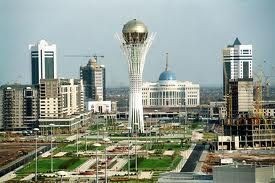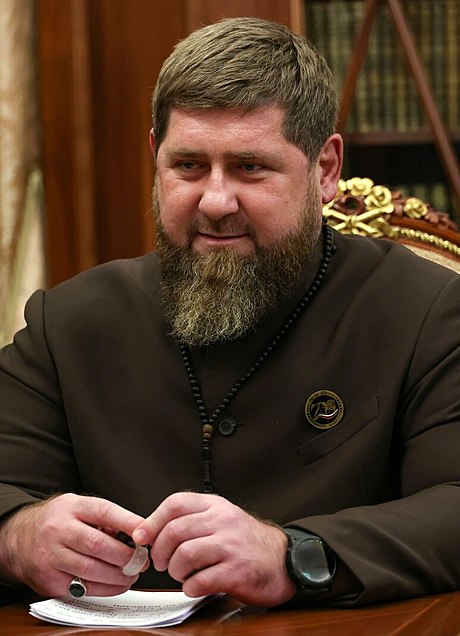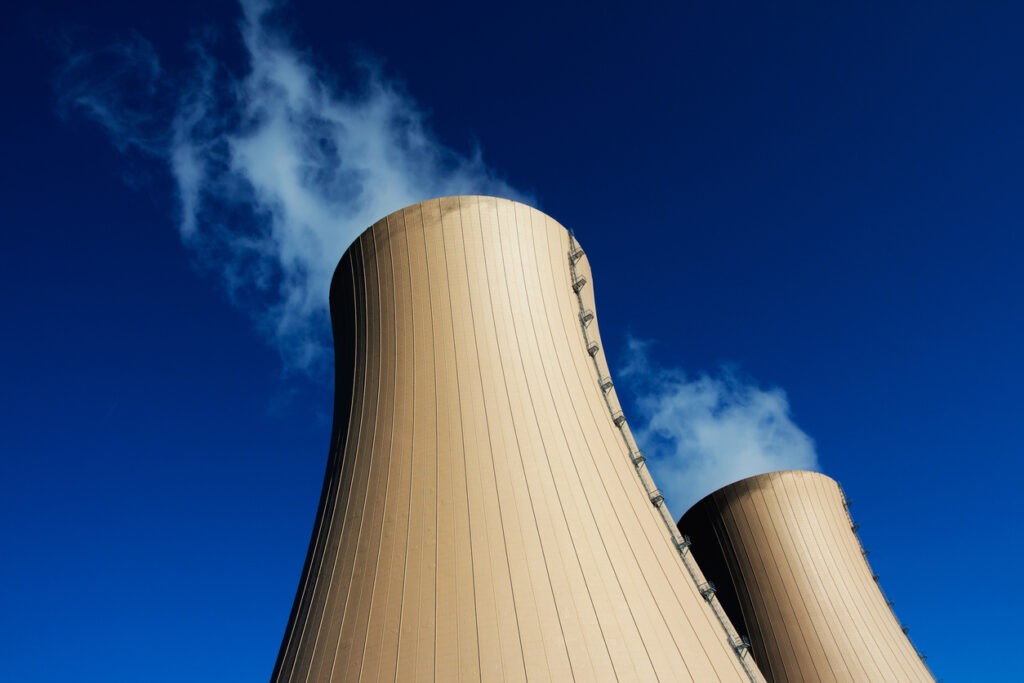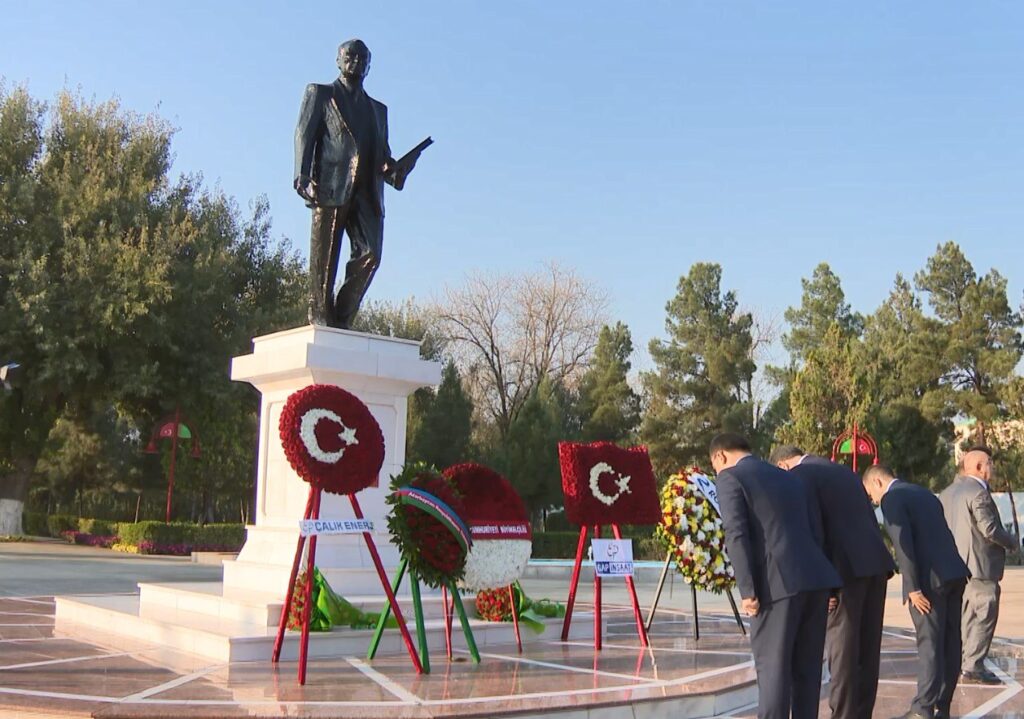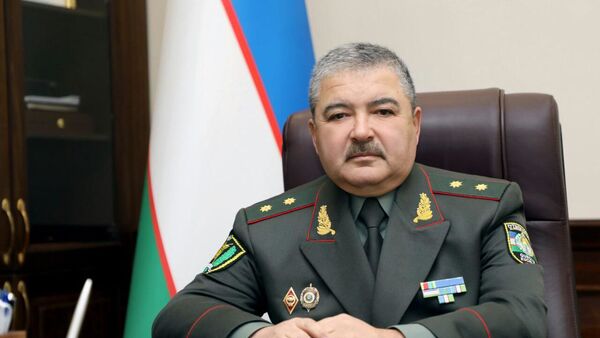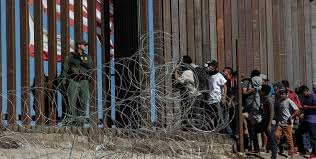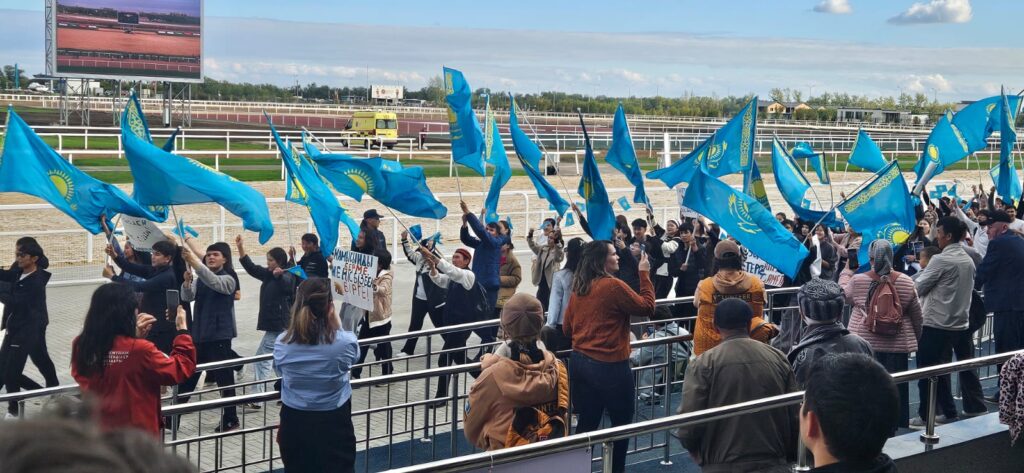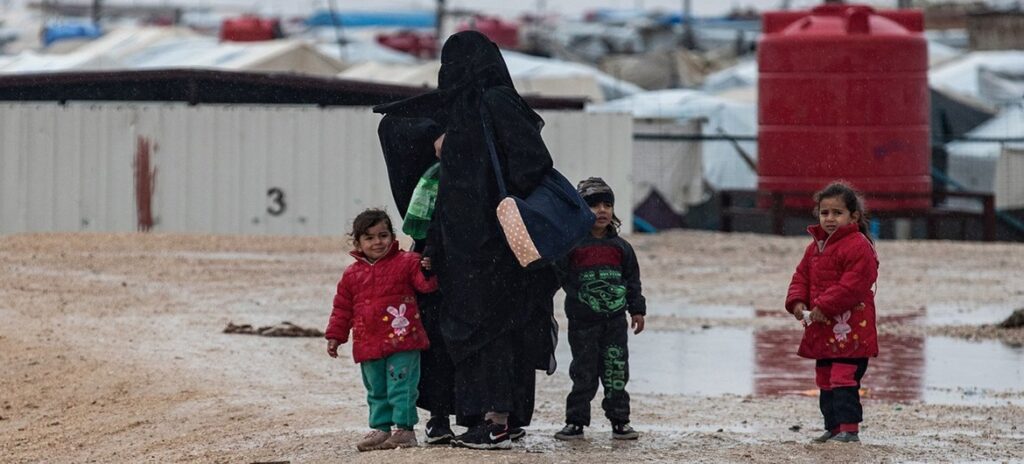LONDON (TCA) — What is at stake at the upcoming negotiations in Astana between the parties involved in the terrible civil war in Syria? The fact that the Syrian government and most (though not all) of the so-called moderate opposition have promised to be present means little. Those “moderate” groups are in fact armed militias grouped around political chiefs after the notorious model of Lebanon during its 16-year civil war. Iran, Turkey, Russia and most European states appear to be willing to live with that. Two wildcards remain: the USA and Saudi Arabia.
Back to business
With so many parties involved with different agendas and interests Syria risks being divided into cantons, mini-states controlled by warlords, on the ground, leaving the official government in a state of national show manager. If it is up to Trump or at least what he pretends these days, the Syrians should get a chance to put their own home in order, even if it means a fragmented state controlled by local petty lords.
It seems that Russia, Iran and Turkey, who took the initiative for the talks leaving the USA in the position of a backbencher, are thinking in the same direction. Initially, the three “peace brokers” meant to keep the USA out altogether. Only on Thursday, Russia announced that it had “invited” Washington to join the debate. The message: be a team player or stay at home. But all the same, the diplomatic move is offering the USA to swap “sanctions” write-offs, compromise on the Crimea, get back on track in disarmament and Arctic geopolitics, along with a number of other issues having nothing to do with Syria in the first place – briefly: to get back to business.
The end goal
The end goal is to combine forces to eliminate the frightful hosts of Daesh, which for all it matters include close to 10,000 Kazakh, Uzbek, Kyrgyz, Tajik, Turkmen and Afghan “fighters”, together with thousands of Russian nationals from Muslim areas such as the northern Caucasus, the southern Urals and the Siberian northeast, and an unknown number of Uygurs from China’s autonomous region of Xinjiang. It means that Kazakhstan, and the whole Central Asia, have an interest to mobilize a new Syrian state, whoever rules it and however imperfect it may be. The main objective today is to eliminate Daesh of IS or how you want to call it, which still controls a third of Syria and a quarter of Iraq, and that interest is not abroad but straight at home.
Kazakhstan’s contribution
The Kazakh government, for its own sake and that of the nation, should clearly say no to any attempt to topple the government of Syria which would fling the door wide open to IS taking control of the entire country and from there raging further across the region. So what is at the bottom of Kazakhstan’s higher echelons to be under the global limelight whatever it takes? It started with the country’s chairmanship of the Organisation for Security and Cooperation in Europe back in 2010. Now, Kazakhstan is a second-tier member of the UN Security Council. But its clout will have its limits, and keeping up the image of a key power in global diplomacy should therefore be accompanied by a display of modesty, also for Kazakhstan’s own sake since it does have its own good reasons to join a coalition to crush Daesh once and for all.
